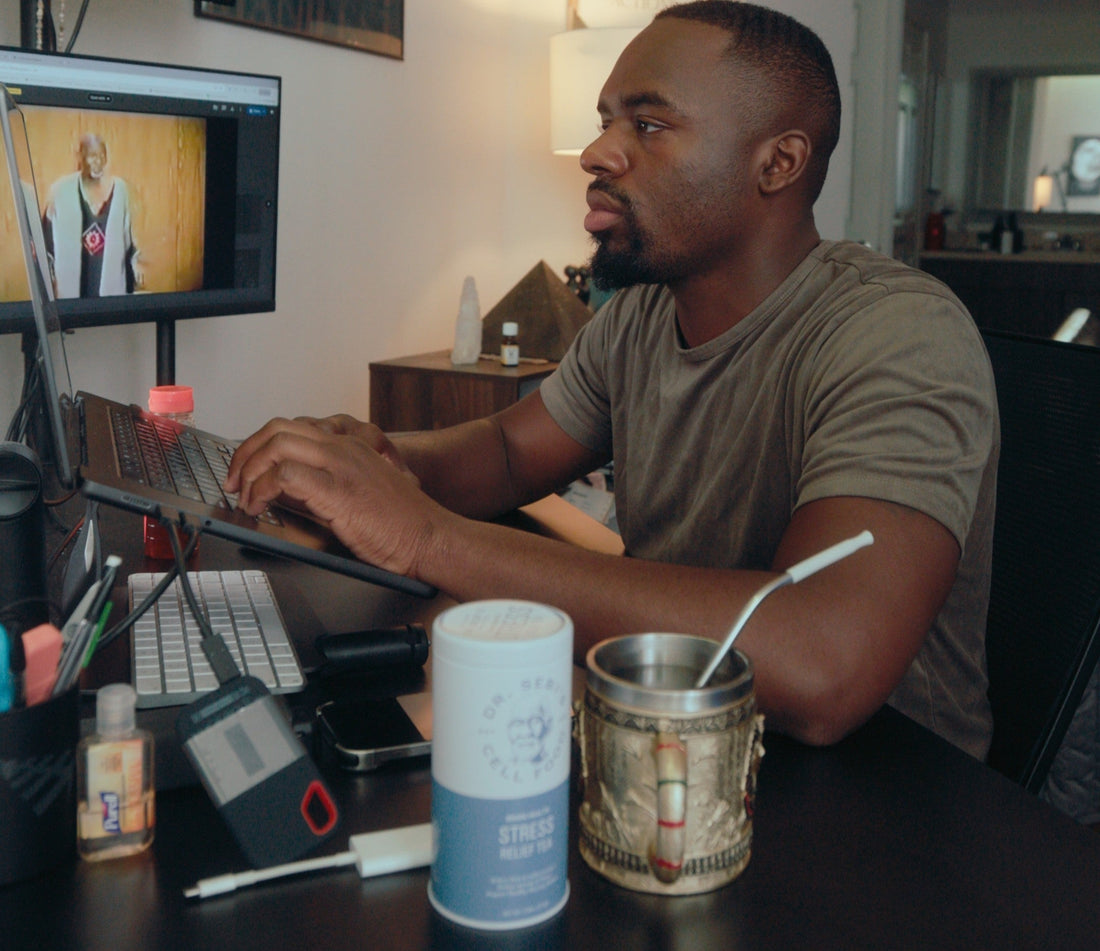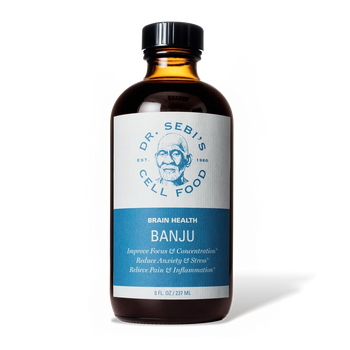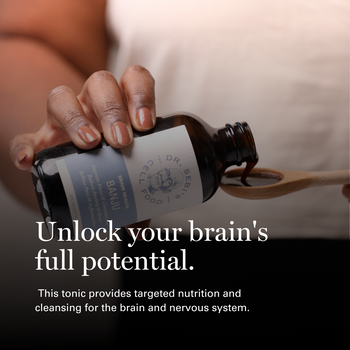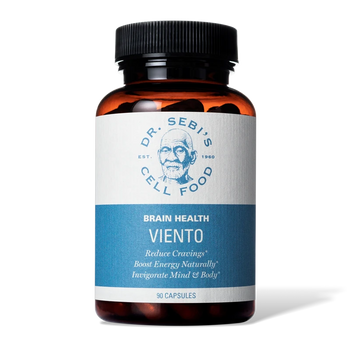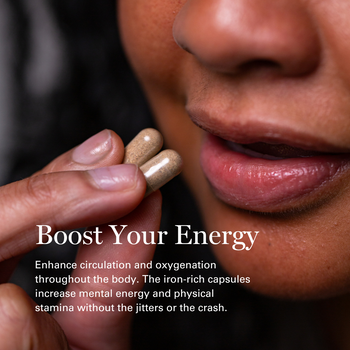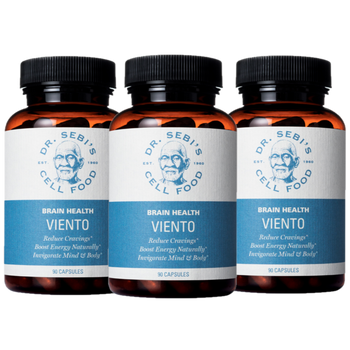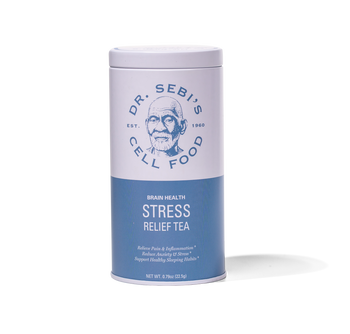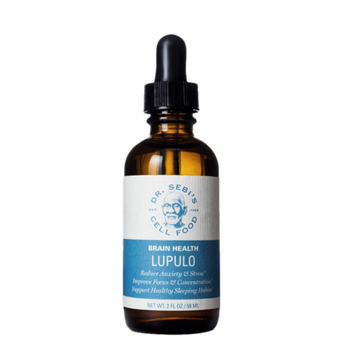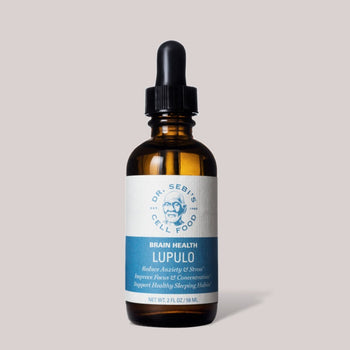In today’s fast-paced world, rest is often undervalued. Productivity tends to take precedence over recovery, and sleep is frequently sacrificed in favor of late nights at work, endless scrolling, or entertainment. Yet, rest is not a luxury—it is a biological necessity. Quality sleep is the cornerstone of physical healing, emotional resilience, and mental clarity. Without it, the body cannot repair itself, the mind cannot recharge, and overall well-being suffers.
This blog explores the transformative power of rest and explains why prioritizing sleep is one of the most important steps you can take for holistic health.
Understanding the Role of Sleep
Sleep is a dynamic biological process, not simply a state of inactivity. During sleep, the body undergoes cycles of restoration that impact virtually every system: cardiovascular, immune, metabolic, and neurological. These cycles are broadly divided into non-REM and REM sleep.
-
Non-REM sleep is when the body focuses on physical repair—tissue growth, immune strengthening, and energy replenishment.
-
REM sleep (rapid eye movement) is critical for mental and emotional processing, memory consolidation, and creativity.
Together, these stages allow the body and mind to restore balance. Consistently missing sleep—or experiencing poor-quality rest—short-circuits these processes and leads to widespread dysfunction.
The Benefits of Quality Sleep
1. Physical Healing and Recovery
During deep sleep, growth hormone is released, triggering repair of muscles, tissues, and bones. Athletes often notice the difference between nights of good rest and restless nights—the former supports strength, recovery, and performance, while the latter increases risk of injury.
Sleep also regulates inflammation. Research shows that inadequate sleep leads to higher levels of inflammatory markers in the blood, contributing to conditions such as heart disease and diabetes.
2. Strengthened Immune System
Sleep is a natural immune booster. While we rest, the body produces cytokines—proteins that help fight infection and inflammation. People who sleep less than seven hours are far more likely to catch colds and viruses than those who sleep eight or more hours.
3. Mental Clarity and Cognitive Function
Sleep directly affects how well we think, focus, and remember. REM sleep plays a vital role in consolidating new information into long-term memory. This is why pulling an all-nighter before an exam or presentation often backfires—without rest, the brain struggles to retain or recall knowledge.
4. Emotional Balance
The link between sleep and mood is undeniable. A lack of rest amplifies feelings of irritability, anxiety, and even depression. On the other hand, quality sleep supports emotional resilience by regulating neurotransmitters such as serotonin and dopamine.
5. Longevity and Disease Prevention
Long-term studies show that people who consistently prioritize sleep live healthier, longer lives. Rest reduces the risk of chronic illnesses like hypertension, obesity, and Alzheimer’s disease.
Signs You’re Not Getting Enough Rest
Poor sleep can manifest in obvious and subtle ways. Common signs include:
-
Difficulty falling or staying asleep
-
Waking up groggy despite “enough” hours in bed
-
Midday fatigue or reliance on caffeine
-
Mood swings or irritability
-
Memory lapses and difficulty concentrating
-
Frequent illness or slow recovery from sickness
Even mild sleep deprivation—losing just one to two hours per night—can impair mental and physical performance.
Practical Steps to Improve Sleep Quality
Quality rest doesn’t always mean more hours in bed—it means better hours in bed. Below are practices to cultivate deeper, more restorative sleep:
1. Create a Consistent Sleep Schedule
Going to bed and waking up at the same time each day trains the body’s circadian rhythm. Consistency strengthens the natural sleep-wake cycle, making it easier to fall asleep quickly and wake refreshed.
2. Design a Restful Environment
A sleep-friendly bedroom is cool, dark, and quiet. Blackout curtains, white noise machines, or even earplugs can make a difference. Reserve the bed for sleep and intimacy only—avoid turning it into a workspace or entertainment zone.
3. Limit Stimulants and Screens
Caffeine, nicotine, and alcohol interfere with deep rest. Likewise, blue light from phones and computers delays the release of melatonin, the sleep hormone. Aim to power down electronics at least an hour before bed.
4. Practice Relaxation Rituals
Wind down with calming practices like meditation, gentle stretching, herbal tea, or reading. These rituals cue the body to transition from wakefulness to rest. We recommend Dr. Sebi's Stress Relief Tea for the perfect nighttime ritual.
5. Pay Attention to Nutrition
Heavy, spicy, or sugary meals close to bedtime can disrupt sleep. Instead, opt for lighter dinners and consider sleep-supportive foods like walnuts, berries, or herbal teas such as tila or valerian root. Find Dr. Sebi's Food List here.
6. Get Sunlight and Movement During the Day
Exposure to natural light regulates circadian rhythms, while regular movement helps the body feel ready for rest at night. Exercise should be moderate and ideally not right before bedtime, as intense workouts can overstimulate the body.
The Science of Rest and Healing
Recent research has highlighted just how interconnected sleep and healing are. A study published in Nature Reviews Neuroscience (2021) reported that sleep supports the brain’s glymphatic system, which clears toxins that accumulate during the day. Without adequate rest, these toxins remain, potentially increasing the risk of neurodegenerative diseases.
Other studies show that sleep deprivation disrupts insulin regulation, contributing to weight gain and metabolic disorders. Chronic short sleep is associated with a 48% increase in risk for heart disease and a 36% increase in risk for developing type 2 diabetes.
From the cellular level up, sleep acts as the body’s repair mechanism. Cutting it short is like stopping a construction crew before a building is complete.
Rest in the Context of Holistic Healing
Holistic health recognizes that true healing involves the body, mind, and spirit. Sleep serves as the unifying foundation. Without rest, nutrition & exercise lose much of their effectiveness. For example:
-
Eating the cleanest diet won’t offset the damage of chronic sleep deprivation.
-
Exercising regularly without rest may lead to injury instead of strength.
-
Meditation and mindfulness practices become harder without adequate mental clarity.
In other words, sleep amplifies every other wellness practice. It is the silent partner of healing, working in the background to ensure the body can benefit from healthy choices.
Dr. Sebi’s Perspective on Rest and Healing
Dr. Sebi’s teachings often emphasized the importance of natural balance in the body. While his focus was largely on nutrition, his philosophy extended to all aspects of holistic health, including rest. His view aligned with the principle that healing requires energy, and energy is restored through quality rest.
"Sleep is necessary; it is through sleep that we regenerate energy." - Dr. Sebi
By prioritizing alkaline, plant-based foods, Dr. Sebi sought to minimize the body’s internal stress and allow it to function optimally. Pairing this nutritional foundation with restorative sleep maximizes the body’s ability to heal and maintain balance.
Just as mindful eating honors the body with nourishment, mindful resting honors it with recovery. Together, they create a cycle of vitality that strengthens health from the inside out.
Overcoming Common Barriers to Rest
1. Stress and Anxiety
Racing thoughts at bedtime are a common sleep disruptor. Journaling before bed, practicing deep breathing, or using guided relaxation can calm the mind.
2. Technology Overuse
Late-night screen use keeps the brain stimulated. Setting digital boundaries—such as a “no phone after 9 p.m.” rule—can restore natural sleep rhythms.
3. Irregular Work Schedules
Shift work and irregular hours can confuse the circadian rhythm. Napping strategically and using blackout curtains during daytime rest can help compensate.
4. Cultural Attitudes Toward Productivity
Many societies equate less sleep with greater achievement. Challenging this narrative is essential: true productivity is sustainable only when paired with recovery.
Frequently Asked Questions
How much sleep do adults really need?
Most adults require 7–9 hours of sleep per night, though individual needs may vary.
Is it possible to “catch up” on sleep during weekends?
While extra rest can help in the short term, it does not fully reverse the negative effects of chronic sleep deprivation. Consistency is key.
Can naps replace nighttime sleep?
Naps can boost alertness but are not a substitute for deep, sustained rest. Short naps of 20–30 minutes are most effective for a spark of energy, but don't hold the power that deep REM sleep offers.
What if I wake up frequently at night?
Waking occasionally is normal. If disruptions are persistent, consider lifestyle factors (stress, diet, environment) and consult a healthcare professional if needed.
Conclusion
Rest is not optional—it is foundational. Quality sleep fuels physical healing, strengthens the immune system, sharpens the mind, and stabilizes emotions. It is the quiet but essential force that supports every aspect of health.
By respecting the body’s need for rest, we give ourselves permission to heal. Whether through consistent sleep schedules, calming rituals, or creating sleep-friendly environments, prioritizing rest is one of the most powerful investments in long-term well-being.
Sleep is not wasted time. It is the time when the body restores, rebuilds, and prepares us to meet life with vitality. To neglect it is to deny the body its natural form of healing. To honor it is to step into balance, strength, and resilience.
